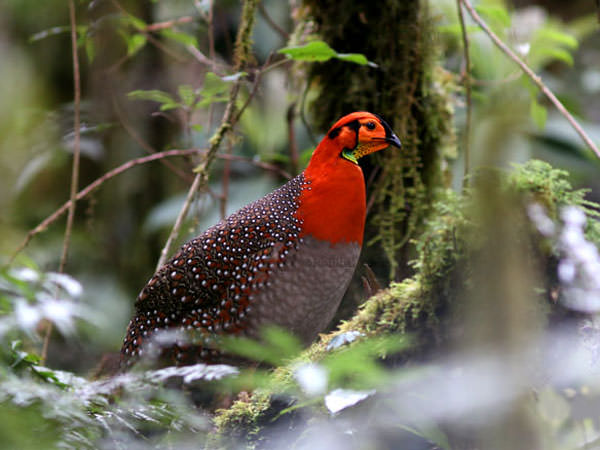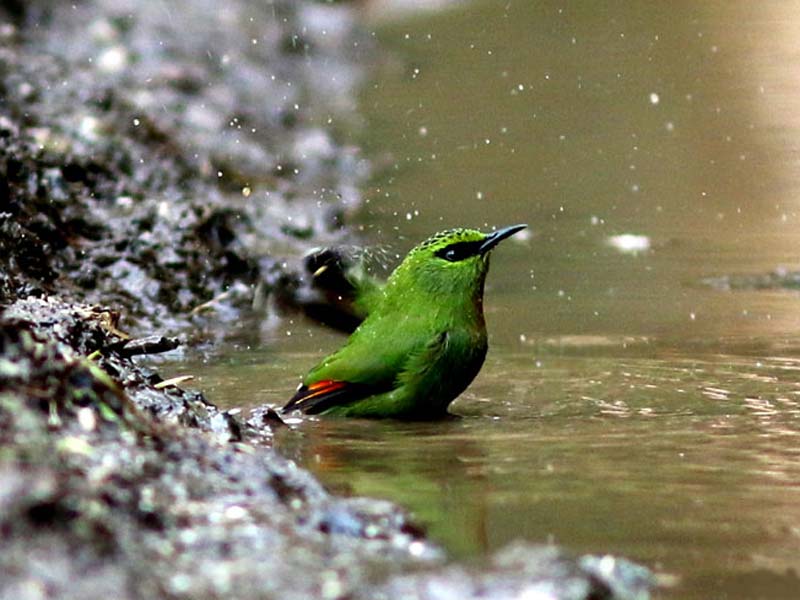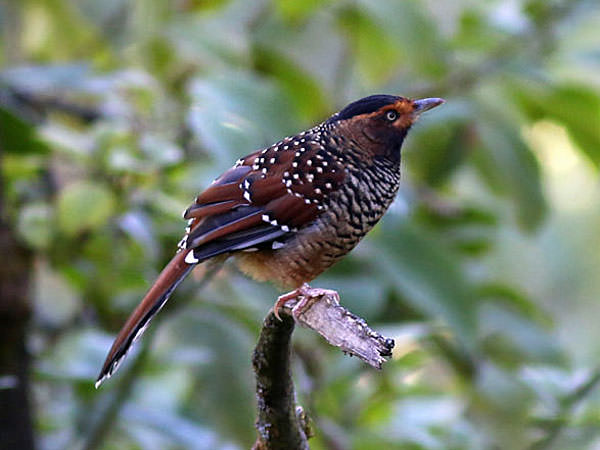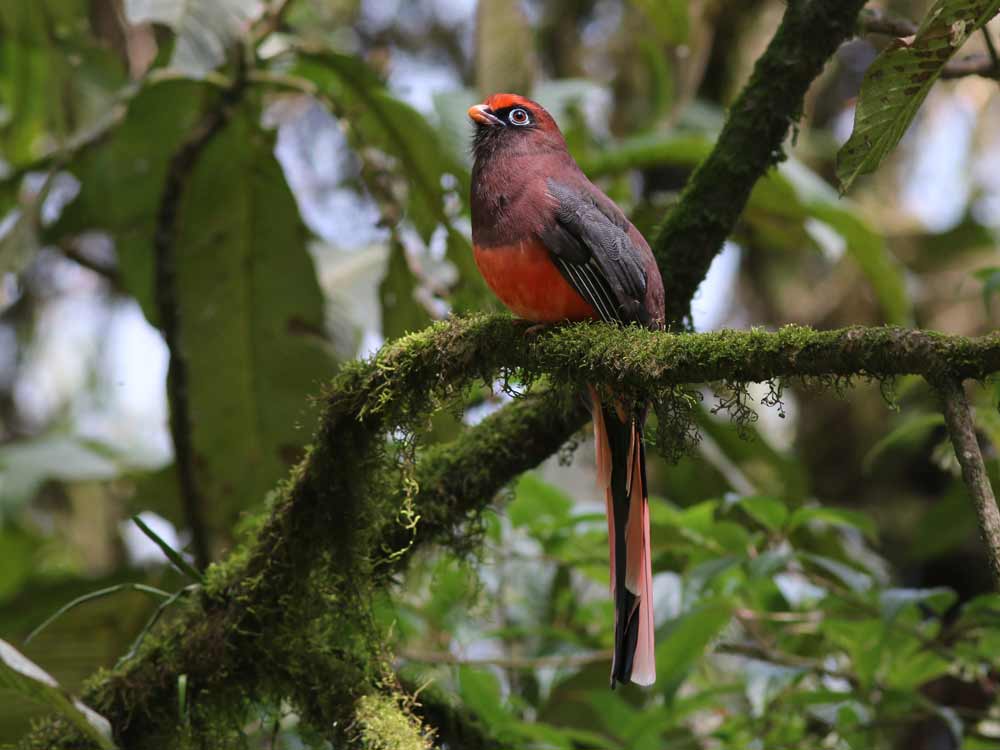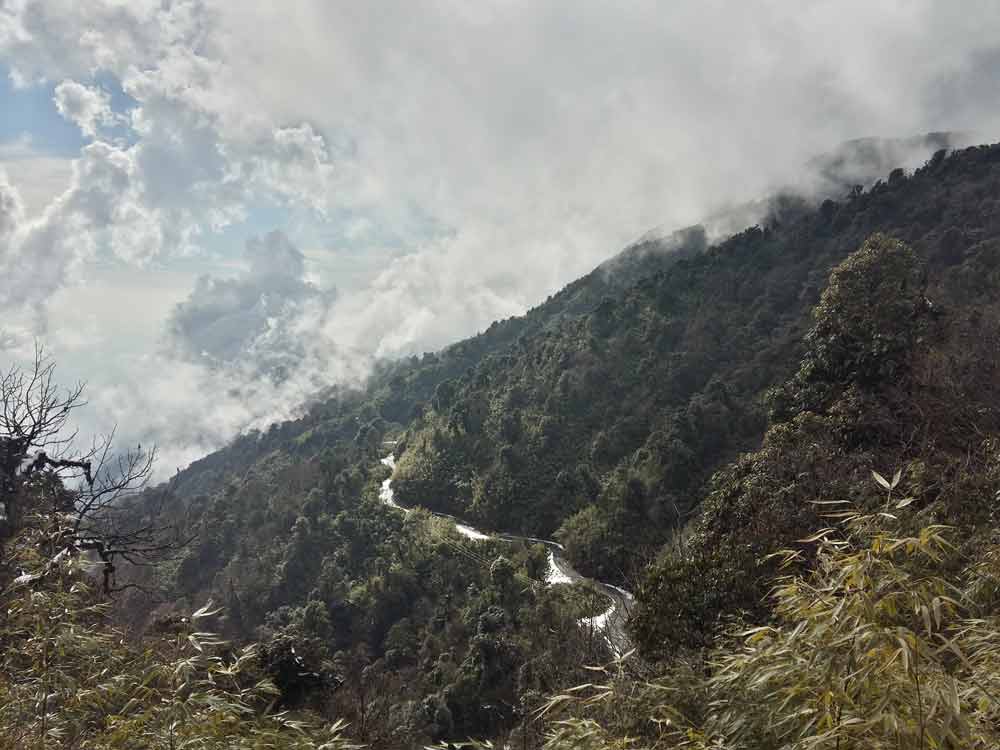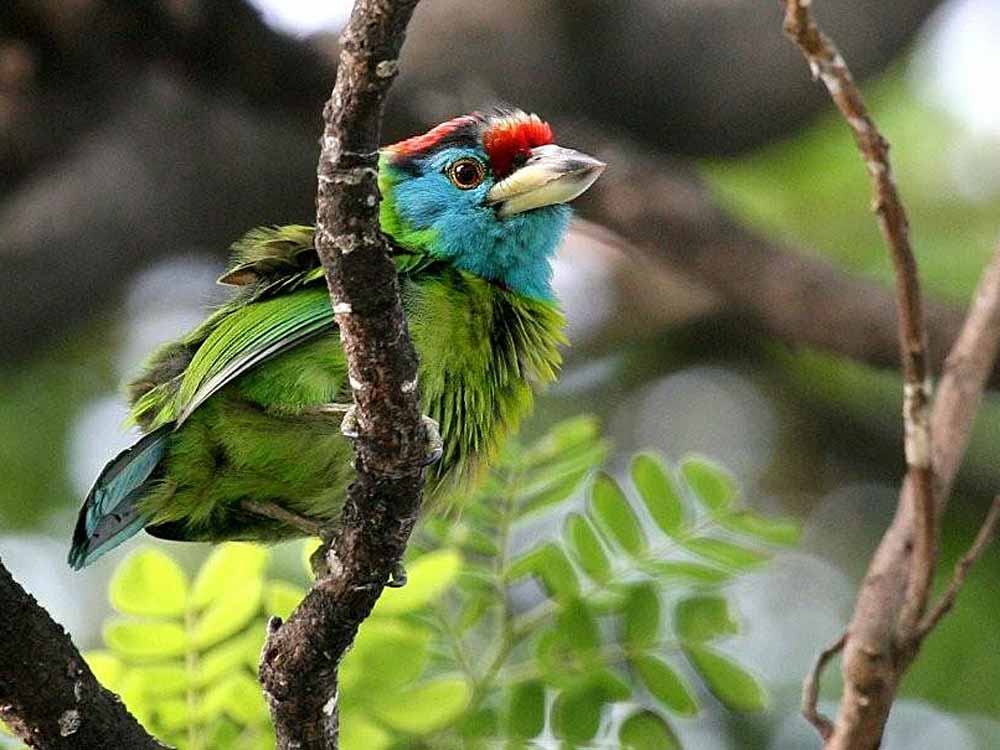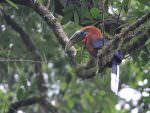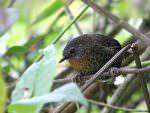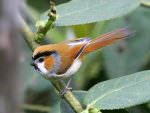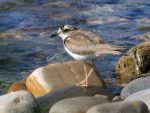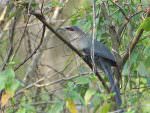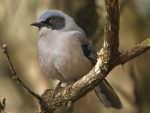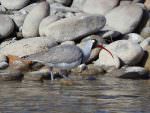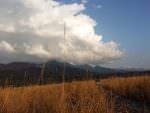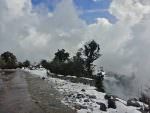Itinerary and price
Small Group tour:
Please enquire for future dates
Maximum group size: 8 plus guide
Day 1: Flight to be organised by you
For help with your flight arrangements and to receive a no obligation quote, you can complete the enquiry form on our website or call 0800 280 8947 to speak to a flight advisor at StudentUniverse (in partnership with Gapyear.com), part of the Flight Centre Travel Group, a leading retailer of airfares and worldwide flights.
Day 2: Delhi (with Sultanpur visit)
Meals: Lunch and dinner are payable directly today.
Your flight arrives at Delhi International Airport this morning. We recommend you exchange money at the airport for the rest of your trip (it will save time and exchanging it in the NE will be difficult). Look out for our representative outside Delhi Airport (he’ll have your names on a placard).
You’ll be able to drop off your luggage at your hotel (rooms available from 12 noon) and then in the afternoon visit Sultanpur Bird Sanctuary with a birding guide. Target species here is Sind Sparrow and you’ll see many wetland species, with a chance of Indian Courser. From Sultanpur you’ll be transferred back to your hotel.
Night at hotel in Delhi
Day 3: Delhi - Dibrugarh - Tinsukia
Meals: Dinner
This morning at a time to be notified you will meet at hotel reception and from here you'll be transferrred to the Airport to take a short internal flight (excluded but we can advise on how you can book via the internet) to Dibrugarh where you will meet your bird guide for the duration of the tour). If flight is on time you will spend some time at Borajan to see some birds and primates or boating in Maguree Beel keeping an eye open for Falcated Duck, Ferruginous Duck, Baer's Pochard and other speices.
Night at hotel in Tinsukia.
Note: It is very likely you'll leave your hotel prior to the time they serve breakfast, so you will need to purchase something directly at the airport.
Day 4: Tinsukia - Namdapha
Meals: Breakfast, lunch and dinner
Today we will drive (5-6 hours) to Namdapha Tiger Reserve via Miao. At Deban, we will look out for White-bellied Heron, Pied Falconet, Pin-tailed Green Pigeon, Silver-backed Needletail, Bay Woodpecker, Blue-throated Barbet, Grey Treepie, Maroon Oriole, Chestnut-headed Tesia, Striated Grassbird, Slaty-backed and little Forktails, Rufous-necked and Lesser Necklaced Laughingthrushes, Beautiful and Long-tailed Sibias. Here we will spend the night at Deban in tents or at the rest house. At night we will hear the calls of the Mountain Scops Owl, Collared and Asian Barred Owlet. We will also try to spot the Namdapha Flying Squirrel and the shy Slow Loris near the rest house.
Night at local rest house.
Day 5: Namdapha Tiger Reserve
Meals: Breakfast, lunch and dinner
Today we will trek 9 km to Hornbill, birding along the Burma Nallah Road on foot and try to locate the Pied Falconet, Mountain Bulbul, both Greater and Lesser Necklaced Laughingthrushes, Slaty-bellied Tesia and Sultan Tit. Overnight in a camp.
Days 6 and 7: Hornbill - Rani Jheel and Rani Jheel to Firmbase
Meals: Breakfast, lunch and dinner
Over these two days you’ll have a good chance of seeing several hornbill species including Brown, Great and Rufous-necked Hornbills and White-tailed Robin, Scaly Thrush, Green-billed Malkoha, Blue-bearded Bee-eater, Mountain Hawk Eagle, White-browed Piculet, White-crowned Forktail, Greater Yellownape, Snowy-browed Flycatcher, Slaty-bellied Tesia, White-browed Shrike Babbler.
Enroute we will visit Bulbulia where we will search for Beautiful Nuthatch, Green Cochoa, Pin-tailed Green and Mountain Imperial Pigeons, Black-headed Shrike Babbler, Snowy-throated and White-hooded Babbler, Wreathed Hornbill, Grey Peacock Pheasant etc.
Overnight in a camp.
Day 8: Firmbase
Meals: Breakfast, lunch and dinner
A whole day walking locally along the river and associated habitats looking for Ibisbill, Blyth’s Kingfisher, White-bellied Heron and Long-billed Plover.
Overnight in a camp.
Day 9: Firmbase to Hornbill
Meals: Breakfast, lunch and dinner
On our trek back to Hornbill we will look out for any missing species.
Overnight in a camp.
Day 10: Hornbill - Deban
Meals: Breakfast, lunch and dinner
Trekking from Hornbill to Deban we shall continue our search for species that have eluded us so far; it's guaranteed there will be plenty of birds to see along this route.
Overnight in rest house or camp.
Day 11: Deban - Roing
Meals: Breakfast, lunch and dinner
After breakfast we will check out and journey to Roing. The journey will weave through splendid tea gardens planted during the colonial age. Along the roadside you will see the affinis race of Indian Roller. We will continue on and cross the longest bridge spanning the Brahmaputra (9.8km) to reach Sadiya and we will check in to our hotel or cottages. If time permits we will bird higher up for bamboo species including Lesser and Greater Rufous-headed Parrotbills, Red-billed Scimitar Babbler, Collared Treepie, Pale-headed Woodpecker etc.
Overnight at Roing.
Day 12: Roing
Meals: Breakfast, lunch and dinner
Enjoy most of the day birding first to the grasslands for Bengal Florican and see other grassland species like Barred Buttonquail, Bush Warblers, returning to town for lunch before birding the higher bamboo areas for our target species. If we didn't manage this the day before, we will certainly go birding higher up for bamboo species like Lesser and Greater Rufous-headed Parrotbills, Red-billed Scimitar Babbler, Collared Treepie, Pale-headed Woodpecker and several other species.
Overnight at hotel.
Day 13: Roing - Mayodia
Meals: Breakfast, lunch and dinner
Today will start extra early with a 3.30 am wake-up call. It’s likely you'll hear Hoolock Gibbons calling as in this area the sun rises, and sets, very early! We will bird the main road to Hunli in pristine and dense habitats with limited forest-edge and scrub. Here you should see various members of the Laughingthrush family, Yellow-browed Warbler, Grey-cheeked, Buff-barred, Ashy-throated, Blyth's Leaf Warbler, Long-tailed Sibia, Beautiful Sibia, White-throated Bulbuls, Grey-backed Shrikes, Short-billed Minivets and Hill Blue Flycatchers.
Later we will slowly climb to Mayodia Pass. En route, you should hear and with luck might see the elusive Rufous-throated Wren Babbler. Also present are Yellow-throated and Streak-throated Fulvettas, Sultan Tit, Streak-throated Barwing, Streaked Spiderhunter and Dark-throated Rosefinch. Also found on this stretch is the very 'tit' like White-bellied "Yuhina", which now rejoices under the new name of White-bellied Erpornis bestowed upon it by Pam Rasmussen. Striated Bulbul and Black Bulbul of the
nigrescens race are common. By mid-afternoon we will reach Mayodia where our accommodation consists of a so-called Forest Rest House. It's actually a rest house with basic amenities. The remainder of the day will be spent birding locally, looking for Blyth’s Tragopan, parrotbills in the extensive bamboo areas, Hill Partridge, Mountain Hawk Eagle and various other species.
Night at a forest rest house
Day 14: Mayodia area
Meals: Breakfast, lunch and dinner
We will leave by dawn, cross the pass, and bird the valley. This is where the magnificent Sclater's Monal has been seen in the past. Little is known about them other than they are high-altitude birds and Mayodia Pass is perhaps the lowest point where you can see them in this area. We will continue birding down the road where you can expect Chestnut-capped and Black-faced Laughingthrushes and Rufous-vented Yuhina.
Overnight at a forest rest house.
Day 15: Mayodia area
Meals: Breakfast, lunch and dinner
Our focus today will depend on the target species remaining, so our route will be flexible; rest assured you will see plenty of great species!
Overnight at a forest rest house.
Day 16: Mayodia - Roing
Meals: Breakfast, lunch and dinner
Today we start our drive back to Roing and birding along the way could get us Pygmy Wren Babbler, the Racket-tailed Drongos, White-browed Piculet as well as Speckled Piculet. Expect to see, and hear, Hoolock Gibbons in the canopy. They are India's only ape, restricted to the Northeast and highly endangered.
Overnight at Roing
Day 17: Roing - Tinsukia
Meals: Breakfast, lunch and dinner
Today we'll drive about 40 minutes west of Roing to reach a newly discovered grassland to get some species species like Black-breasted Parrotbill, (just in case this species proves difficult in Dibru-Saikhowa, like it sometimes can) Jerdon's Babbler, Indian Grassbird etc.
Later return to the lodge for lunch, then afterwards drive to Tinsukia.
Day 18: Tinsukia - Dibru Saikhowa - Tinsukia
Meals: Breakfast, lunch and dinner
Today we will be birding in Dibru Saikhowa Sanctuary which is only an hour away.
Dibru Saikhowa National Park is located on the floodplains of the Debang, Lohit, Dibru and the Brahmaputra Rivers and spreads over the Dibrugarh and Tinsukia districts of Assam. This 340 sq. km. sanctuary located on the south bank of The Brahmaputra is characterised by old growth semi-evergreen forests, deciduous forests, littoral and swamp forests and patches of wet evergreen forests. Of the seven parts of the park one part is wetland and the rest is mainly grassland and dense forest. Dibru Saikhowa has an impressive list of over 350 species and is, perhaps, the best place to see three Indian specialities: Marsh and Jerdon's Babblers, and Rufous-vented (Swamp) Prinia. Several other rarely observed species can be found in the extensive grasslands, wetlands and riverine forests. These include Baer's Pochard, White-winged Wood Duck, Bengal Florican, Jerdon's Bushchat, Black-breasted Parrotbill, Pale-capped Pigeon and Rufous-rumped Grassbird. The Park is out of bounds between sunset and sunrise.
Overnight at hotel in Tinsukia
Day 19: Tinsukia - Dibrugarh - Delhi
Meals: Breakfast
Depending on the time of your internal flight it may be possible to squeeze in a visit to Digboi for some final NE birding before being transferred for your internal flight (payable directly) from Dibrugarh to Delhi. You’ll be met outside the airport and transferred to your hotel for the night.
Overnight at Delhi hotel
Day 20: Delhi
Meals: Breakfast
Today we have included a transfer to the airport for your international flight home.
Tour ends
Tour extensions available. Please phone or email us for details.
Price per person on a twin share basis with a minimum group size of 4 and max. of 8: £2300
Single room supplement £430
Price is based on the following hotels/accommodation:
| Place |
Hotel name |
No. of nights |
| Delhi |
Hotel Lohmod, Executive Room |
1 |
| Tinsukia |
Hotel Centre Point, Standard Room |
1 |
| Namdapha |
Rest House (basic accommodation) |
2 |
| Namdapha |
Camping under canvas at fully serviced camps |
6 |
| Roing Area |
DS Hotel, Standard Room |
2 |
| Mayodia |
Rest House (basic accommodation) |
3 |
| Tinsukia |
Hotel Centre Point, Standard Room |
2 |
| Delhi |
Hotel Lohmod, Executive Room |
1 |
Price includes
- Accommodation in the above mentioned hotels/camps with meals as listed
- All mentioned transfers
- Service of birding guide for Sultanpur visit on Day 2
- Experienced birding guide from Day 3 arrival at Dibrugarh Airport to Day 19 departure from Dibrugarh Airport.
- Entrance fees to all National Parks and Sanctuaries as listed in the itinerary
- All the logistics including use of elephants, mahout and porters
- One bottle of drinking water per day
- Transfers in Delhi on Day 19 from airport to hotel and on Day 20 from hotel to airport
- All currently applicable taxes
Price excludes
- Any international airfare to/from India including International airport tax
- Any internal airfare
- Meals not specified
- Tourist visa and travel insurance
- Camera fee where levied
- Any additional taxes levied by the Government of India on the tourism sector in future
- Any expenses of personal nature such as hard/soft drinks, laundry, phone/fax calls, tips etc.
- Any item not mentioned in the price includes section.
- Any increase in the entrance fee to National Parks or Sanctuaries in the future. The price is based on the current entrance fee
- Cost incidental to any change in the itinerary/stay on account of flight cancellation due to bad weather, ill health, roadblocks and/or any factors beyond control

